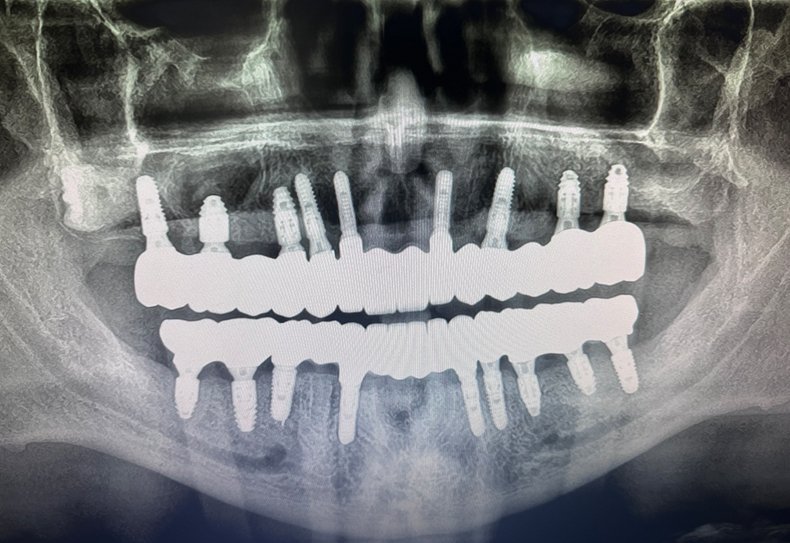
In today’s economy, the idea of traveling abroad for low-cost dental care—known as medical tourism—has gained popularity. Countries like Turkey, Mexico, and Thailand market high-end cosmetic and implant procedures at a fraction of the U.S. cost. But behind the savings can lie complications that few patients anticipate—especially when follow-up care is needed.
Imagine a patient who traveled to Turkey to receive a full-mouth dental implant restoration—a complex procedure involving the replacement of all teeth with implant-supported prosthetics. Upon returning home, the patient noticed a persistent lisp and discomfort with the prosthetic bite.
Hoping for a simple adjustment, the patient sought help from an American dentist. But the U.S. doctor was put in a difficult ethical and legal position. Adjusting the restoration could mean assuming full liability for the outcome. If the lisp persisted—or if something went wrong—the local dentist could be seen as responsible for redoing the entire case, which might cost tens of thousands of dollars. As a result, the patient was advised to return to Turkey to seek help from the original provider.

Dental procedures—especially full-mouth reconstructions, dental veneers, implants, and orthodontics—often require fine-tuning over time:
Gums may change as tissues heal, demanding relining or refinement.
Restoration screw loosening, chipping, or wear are not uncommon.
When your treating doctor is thousands of miles away, these common post-operative needs become major logistical and financial hurdles.
While initial treatment abroad may seem like a bargain, hidden costs add up:
If a revision is needed and your local dentist cannot ethically step in, you may be stuck traveling again—or living with the problem. This dramatically reduces the value of the initial savings and increases the risk for long-term dissatisfaction.
In the U.S., patients are protected by a range of consumer rights and professional oversight:
When care is rendered abroad, it can be very difficult to pursue legal action or enforce treatment guarantees—especially when language barriers, jurisdictional issues, and varying standards of care come into play.
Medical tourism can appear appealing, especially for extensive dental work. But it’s essential to ask:
Before making a decision based on price alone, consider the whole treatment journey—not just the initial visit.
Your smile is an investment in your health, function, and quality of life. It deserves a thoughtful, safe, and sustainable plan.


Stop Waiting for Pain: Why Prevention Beats Costly Dental Treatments

Pulpotomy vs. Pulpectomy: What’s the Difference



| M | T | W | T | F | S | S |
|---|---|---|---|---|---|---|
| 1 | 2 | 3 | 4 | |||
| 5 | 6 | 7 | 8 | 9 | 10 | 11 |
| 12 | 13 | 14 | 15 | 16 | 17 | 18 |
| 19 | 20 | 21 | 22 | 23 | 24 | 25 |
| 26 | 27 | 28 | 29 | 30 | 31 | |
